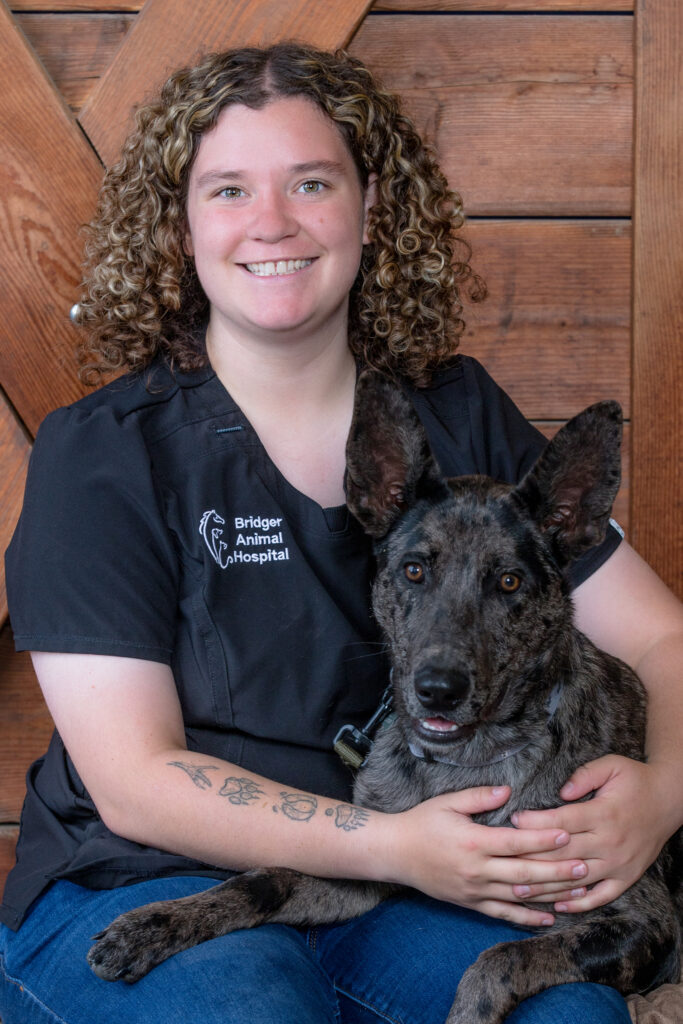What’s the deal with Leptospirosis?

Author: Dr. Ollie Landauer
As we are getting closer to the summer months, we would like to spread awareness about an important disease called leptospirosis (lepto).
Lepto is a bacterium that is found in water and soil. It is mainly spread through the urine of infected animals, such as rodents, racoons, dogs, farm animals, and deer. It can survive from weeks to months in the environment. Animals, including dogs, can be infected but appear healthy and shed the bacteria in their urine.
The disease severity caused by these bacteria can vary from dog to dog, but it is concerning because the disease can progress to liver and/or kidney failure. Sometimes, it can even cause heart damage or bleeding disorders.
But lepto in not just important for your dog. It can also infect people!
There has already been one confirmed case of leptospirosis in a person and several cases in dogs in Laramie County in the past year.

What are some risk factors for getting lepto?
- Exposure to and/or drinking from slow moving water like rivers or stagnant water like lakes, ponds, or puddles
- Roaming on rural property
- Exposure to wild animals or areas where wild animals roam
- Exposure to rodents
- Contact with other dogs
The AVMA (American Veterinary Medical Association) now recommends ALL dogs be vaccinated against leptospirosis. This is because dogs are at risk regardless of lifestyle, and it can cause life-threatening disease in dogs and people.

How can you protect your dog and yourself from lepto?
- Prevent your dog from drinking or swimming in slow moving or stagnant waters
- Keep your dog away from farm animals, wild rodents, and carcasses
- Quickly clean any urine in the house with household cleaner while wearing gloves. Wash hand thoroughly afterwards
However, the above measures may be difficult or even impossible to follow depending on your dogs lifestyle, especially here in Star Valley, WY. That is why we recommend vaccination. The lepto vaccine can decrease the risk of becoming sick with the disease and decrease bacterial shedding in the urine, so it protects both you and your pet.
If you have any questions at all about leptospirosis, please contact our clinic for more information.
This blog is presented to you by Dr. Ollie Landauer, associate veterinarian at Bridger Animal Hospital. If you have any questions regarding anything in this article, please reach out to us.
References:
- AVMA: https://www.avma.org/resources-tools/pet-owners/petcare/leptospirosis
- Wyoming board of health: https://health.wyo.gov/rare-bacterial-infections-reported-in-wyoming/

